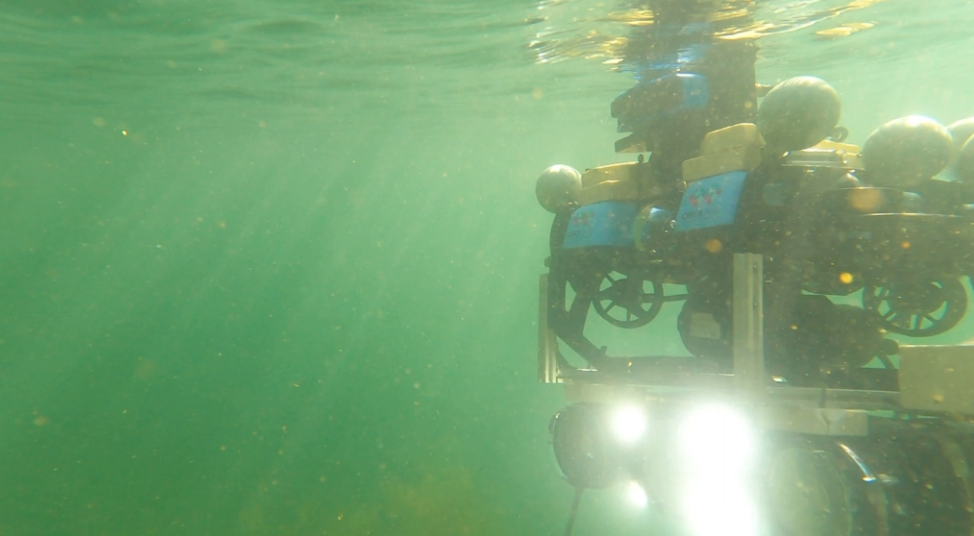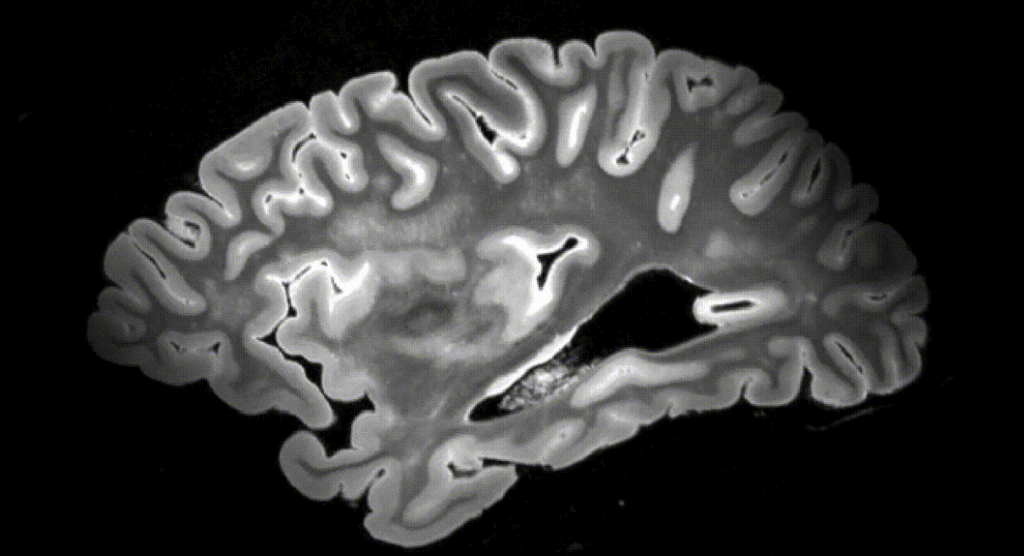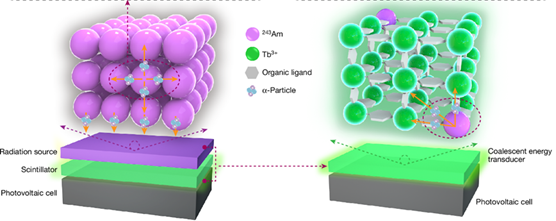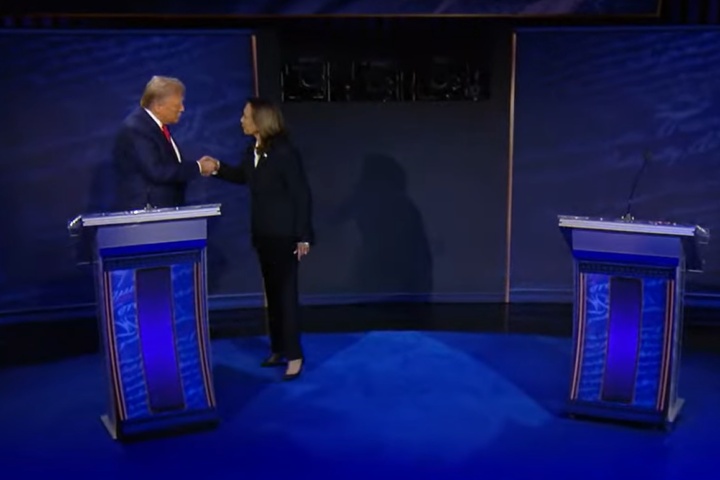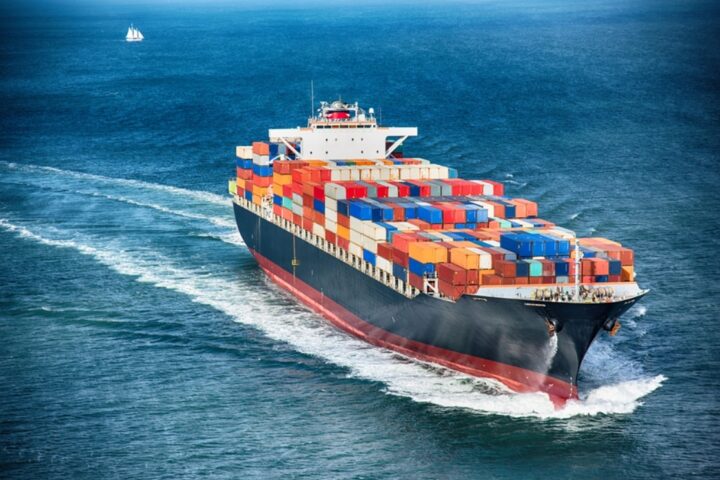Perhaps the 21st century will belong to robots. They are everywhere. The latest venture of robots is in the field of wind turbine maintenance. The National Robotarium has accelerated industry development of wind farm robotics. The National Robotarium (NR) is supporting the development of new artificial intelligence and control systems. The new AI and control systems could enable underwater robots to operate autonomously in turbulent seas. It will revolutionize maintenance and repair tasks for offshore wind turbines.
The UK’s center for robotics and AI is known as National Robatarium. The NR (National Robotarium) is supporting the UNITE project. The project is led by Heriot-Watt University. The Heriot-Watt University has collaborated with Imperial College, London, to create new artificial intelligence and partnership with geo-data specialist Fugro. Heriot-Watt University spinout Frontier Robotics is leading the project.
Professor Yvan Petillot, Heriot-Watt University, says “The UNITE project was co-created with Fugro to develop the next generation of autonomy-enabled robotics solutions for offshore inspection and maintenance. We are especially interested in subsea inspection and maintenance in dynamic environments where existing solutions cannot be used.”
The Project Manager at the National Robotarium, David Morrison, says, “Our trials are showing promising results in enabling underwater robots to maintain stable contact with offshore structures in challenging conditions.” According to him, if successful, the technology could transform offshore wind maintenance. It would reduce fuel consumption of maintenance emissions by up to 97% – from 7,000 liters per day to just 200 liters. This could significantly lower both operational costs and the carbon footprint of maintenance.
Similar Posts
The National Robotarium’s role in bringing together established companies and emerging innovations is demonstrated by the project. The facility enables, through its laboratories, rapid development and validation of commercial solutions. The technology, being developed, could reduce data collection time from 3 weeks to just 3 hours.
The CEO of Frontier Robotics Jonathan Schraff Willners said, “With the exponential growth of offshore infrastructure, we need to look towards deploying more AI, robots and autonomy to enable the industry to take advantage of new technologies to work even more efficiently and to scale with the global demand.” He added, “it is great to work closely with Heriot Watt University, the National Robotarium, and Fugro to tackle these highly important problems, which are key components if we want to transition to renewable energy using a greener and more sustainable supply-chain.”
Global Product Manager of Next Generation RoV Systems at Fugro, Mark Bruce says, “Our USVs and eROV’s deliver unmatched efficiency, hugely reduced environmental impact, and most importantly they eliminate human risk offshore by removing people from harm’s way. Our remote operations centres have been operating for 10 years, during which time we have refined and improved our solutions.”
Companies are provided with access to laboratories, testing facilities, and specialized equipment, alongside support for commercialization by the National Robotarium. Professor Yvan Petillot from Heriot-Watt University leads the £1.4 million Underwater Intervention for Offshore Renewable Energies (UNITE) project. Dr Sen Wang leads the project from Imperial College, London’s contributions. The UNITE project is funded through an EPSRC Prosperity Partnership, part of U.K. research innovation. The NR has welcomed contact from energy Companies and technology providers interested in exploring the commercial applications of this technology.
In short, the NR is supporting the development of new artificial intelligence and control systems. The new systems enable underwater robots to operate autonomously in turbulent seas. It will revolutionize maintenance and repair tasks for offshore wind turbines. The project is led by Heriot-Watt University in collaboration with Imperial College, London. Thus new fields are being captured by AI.
